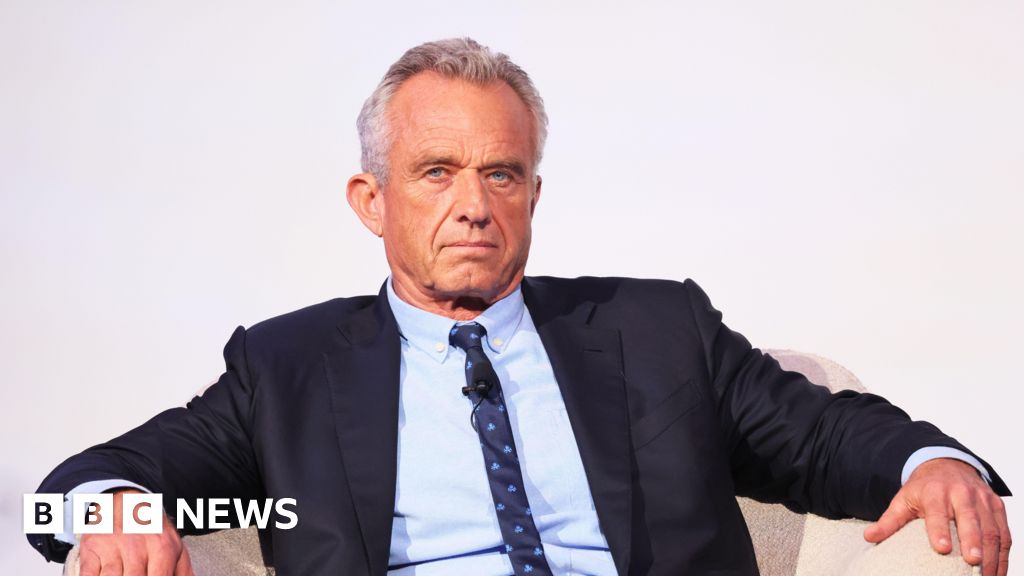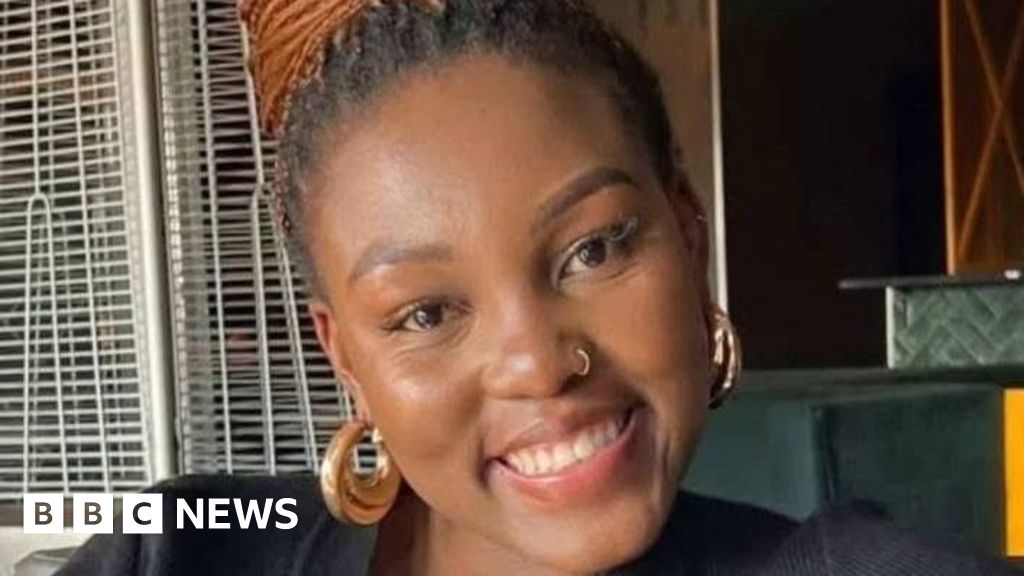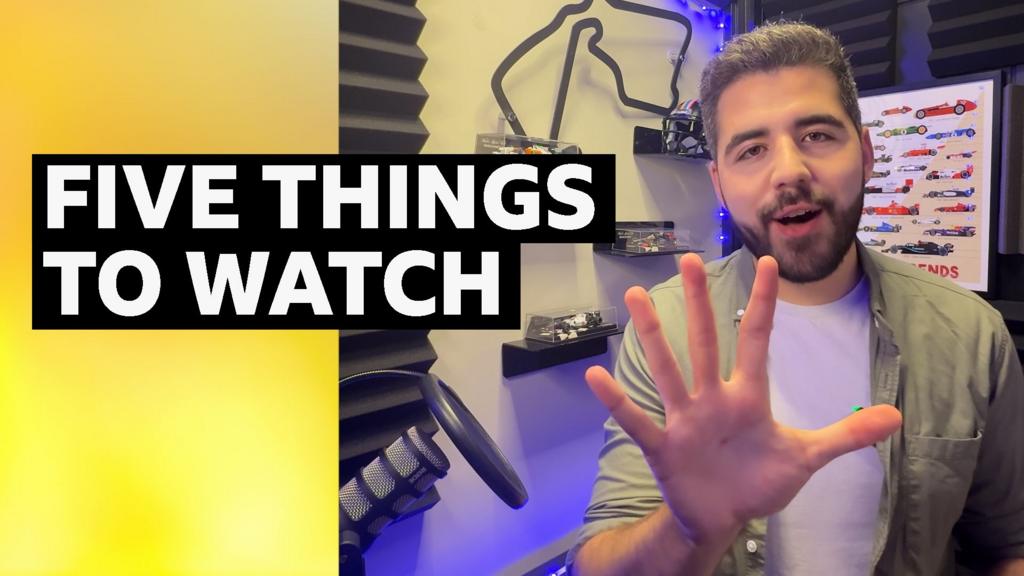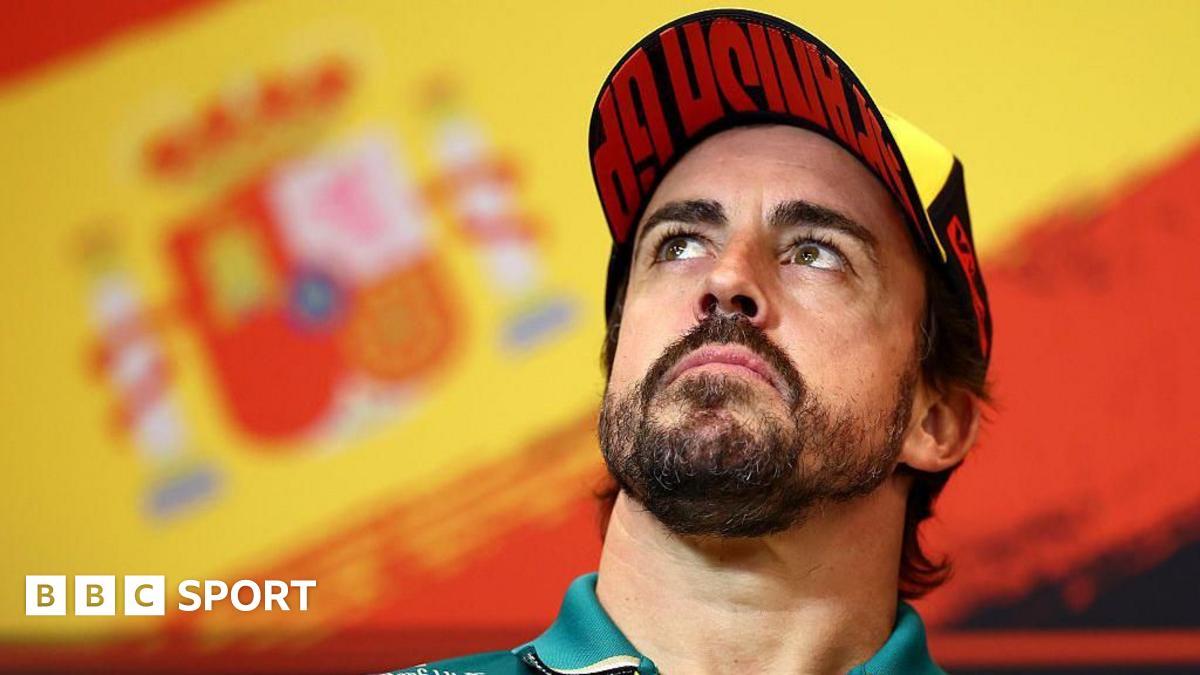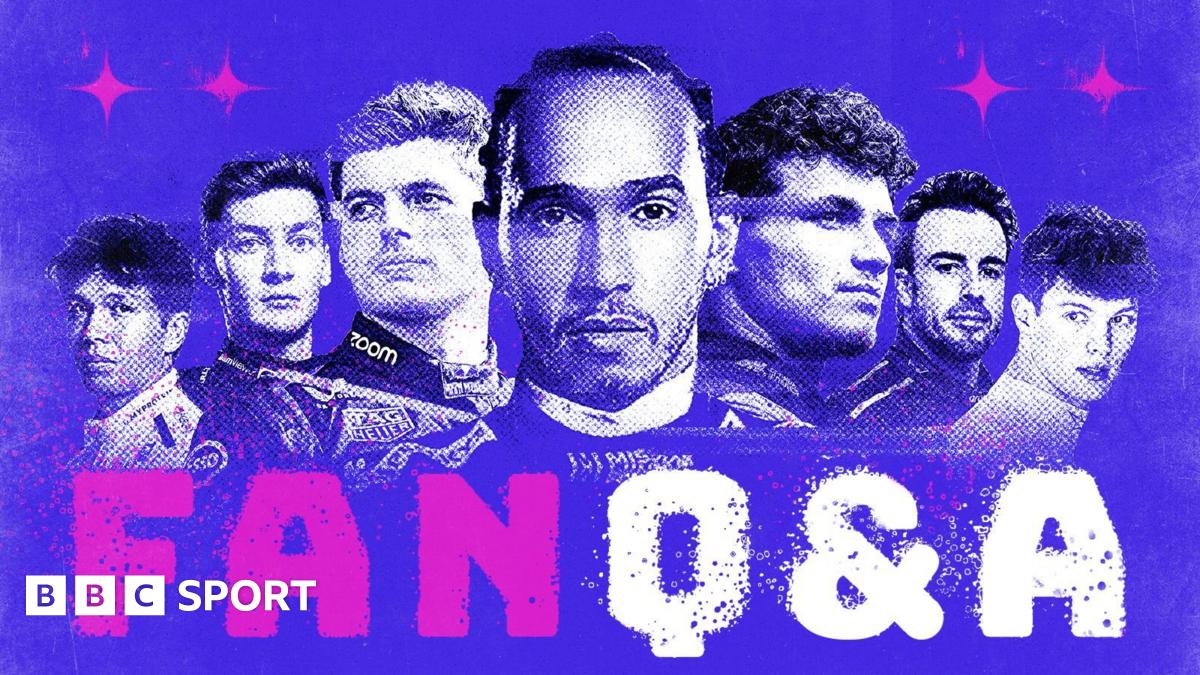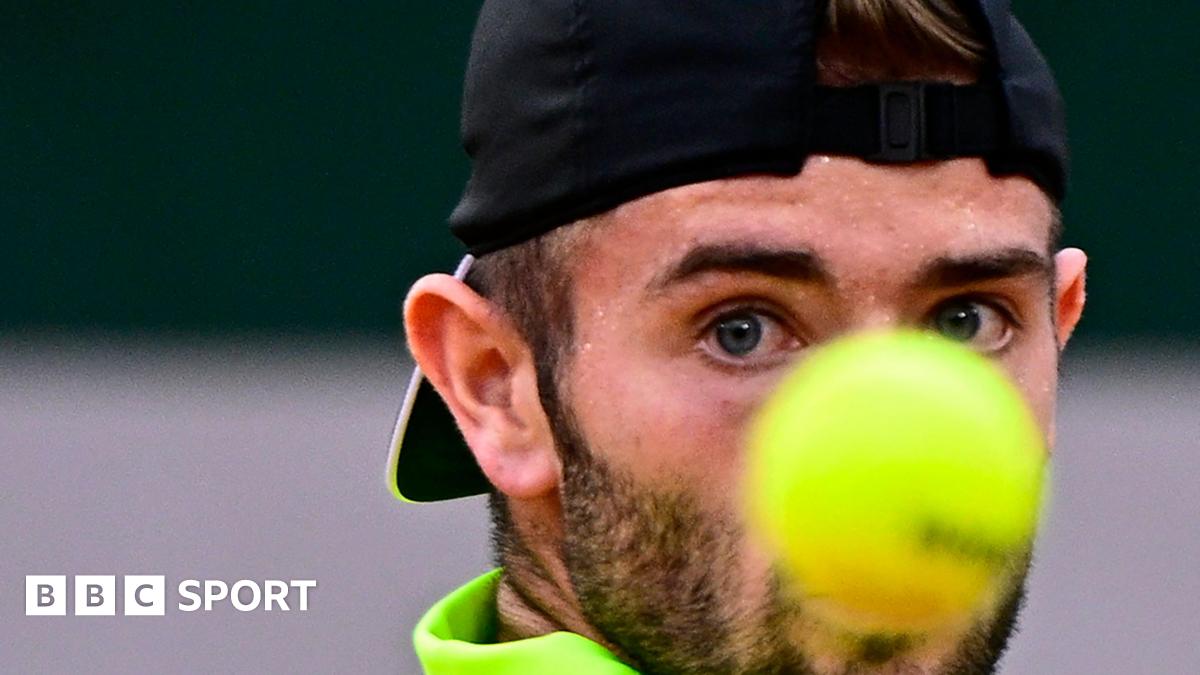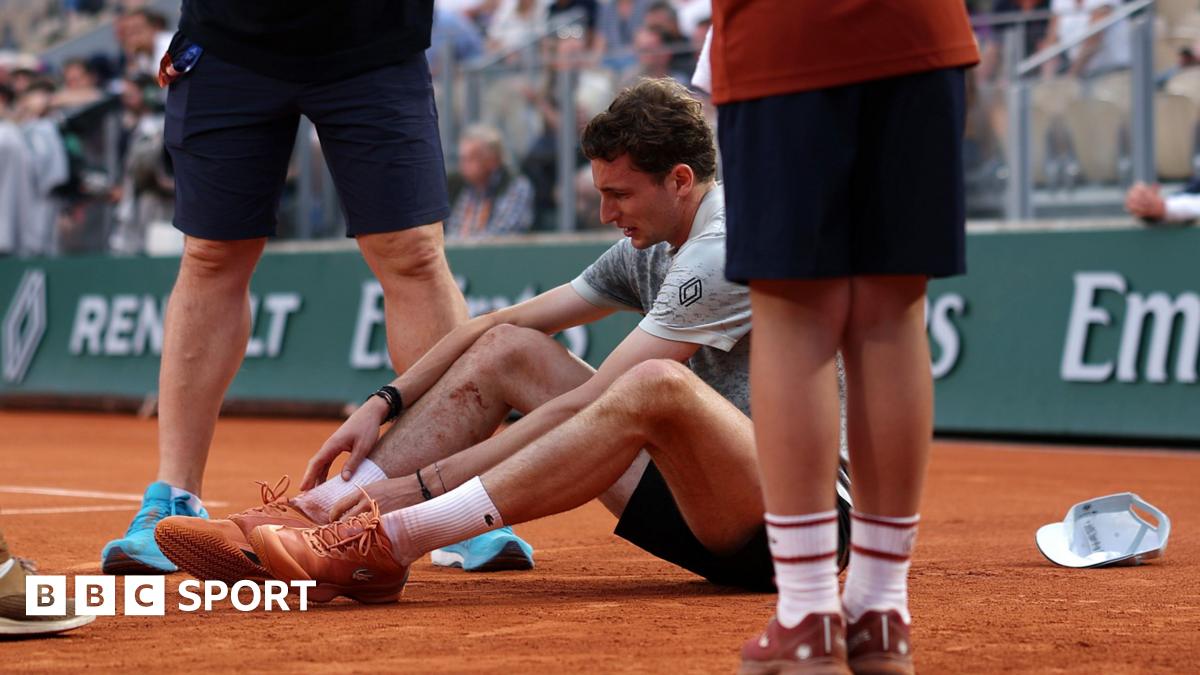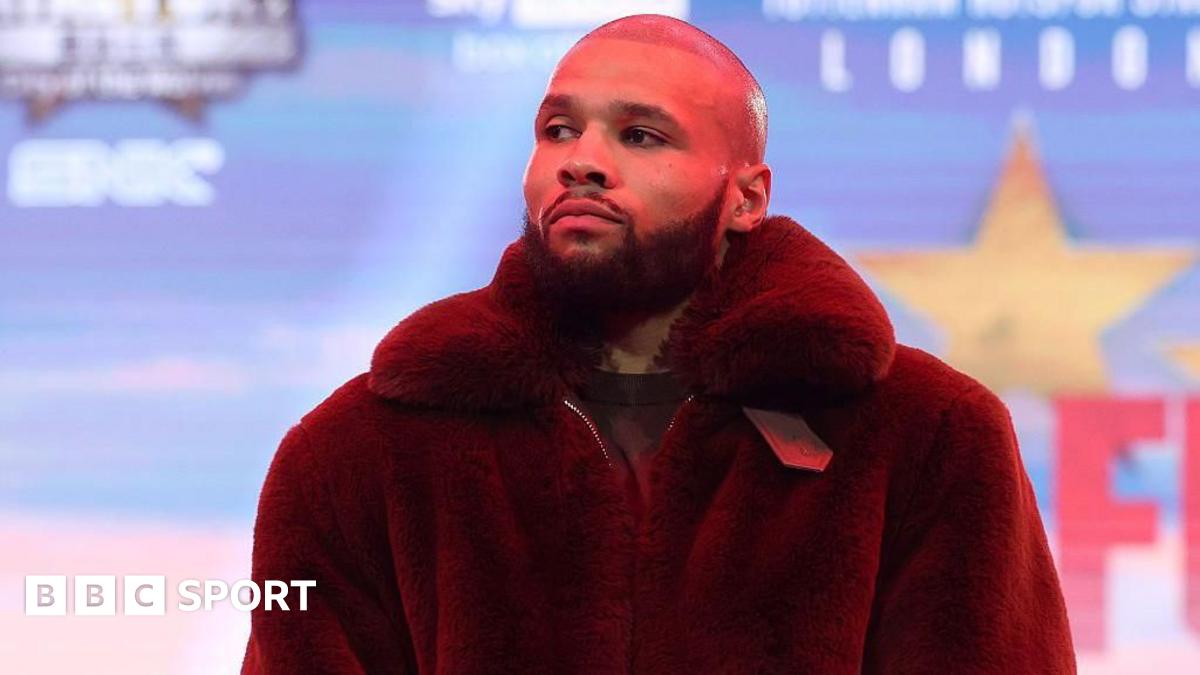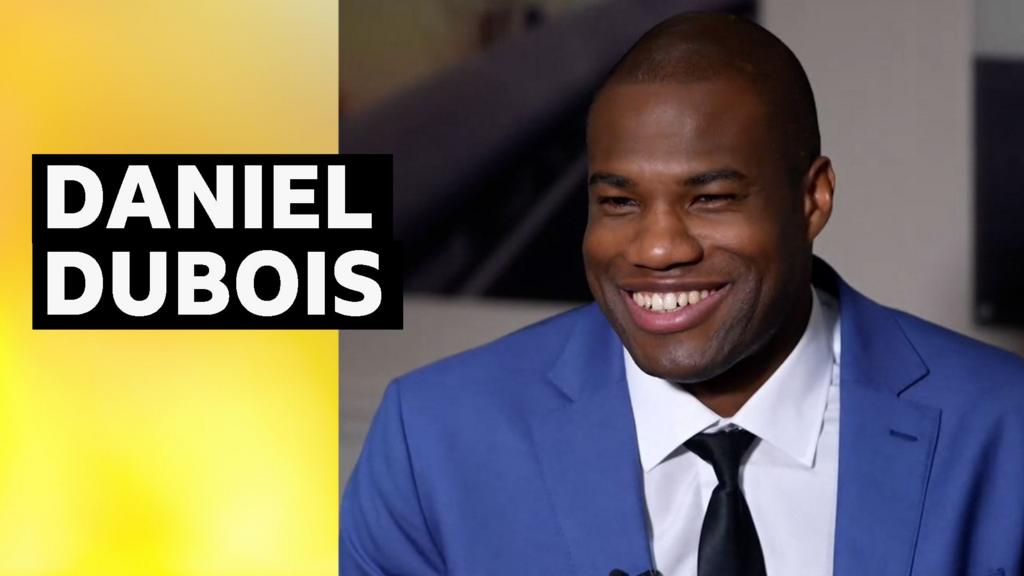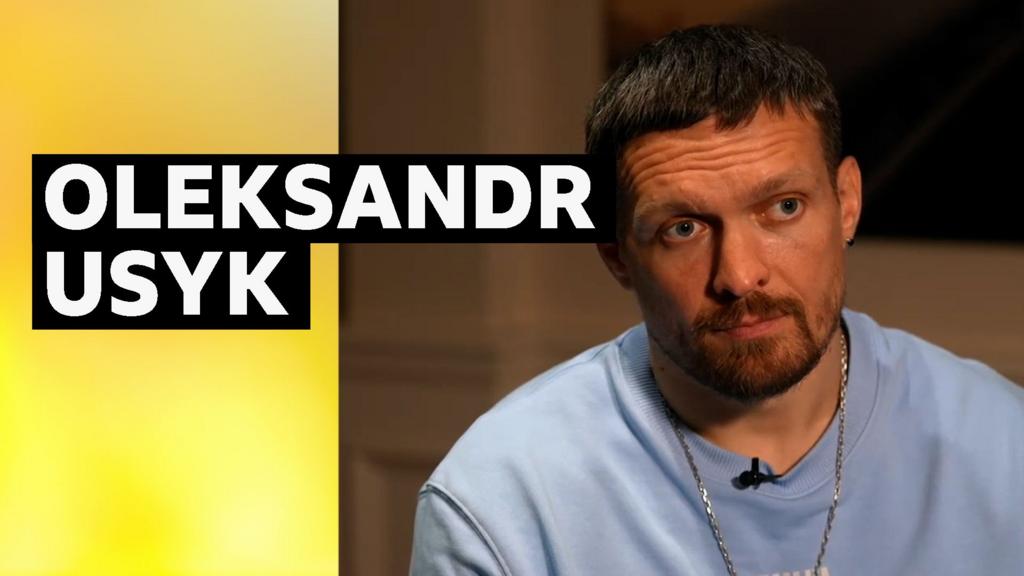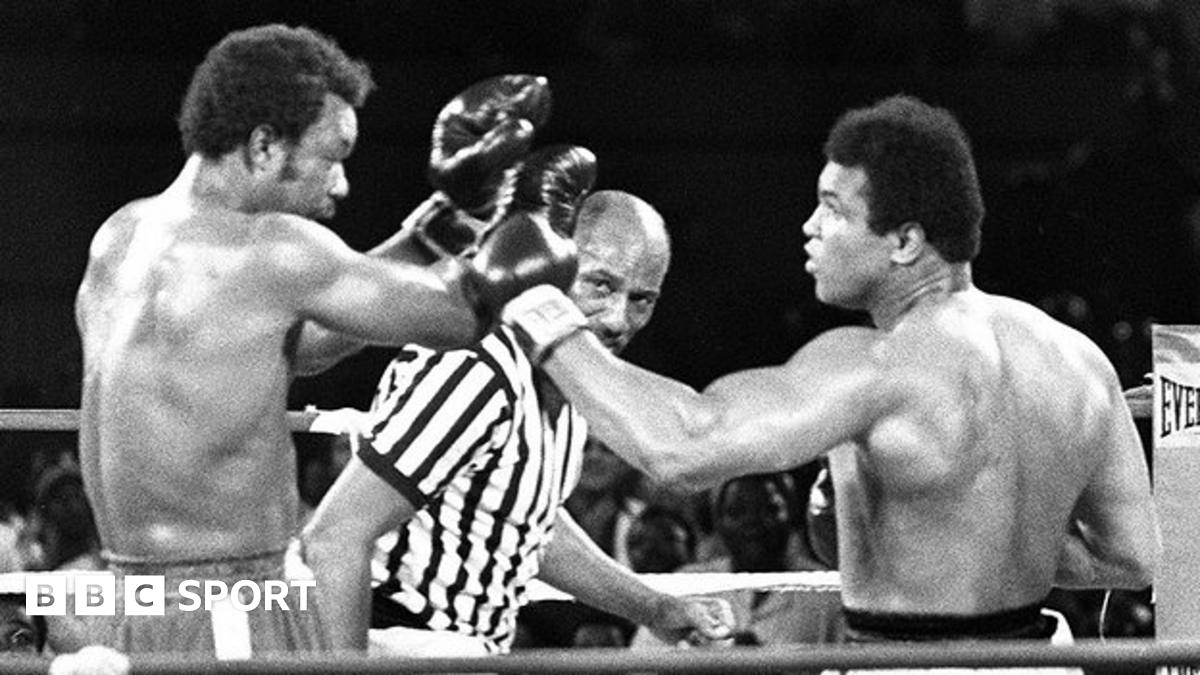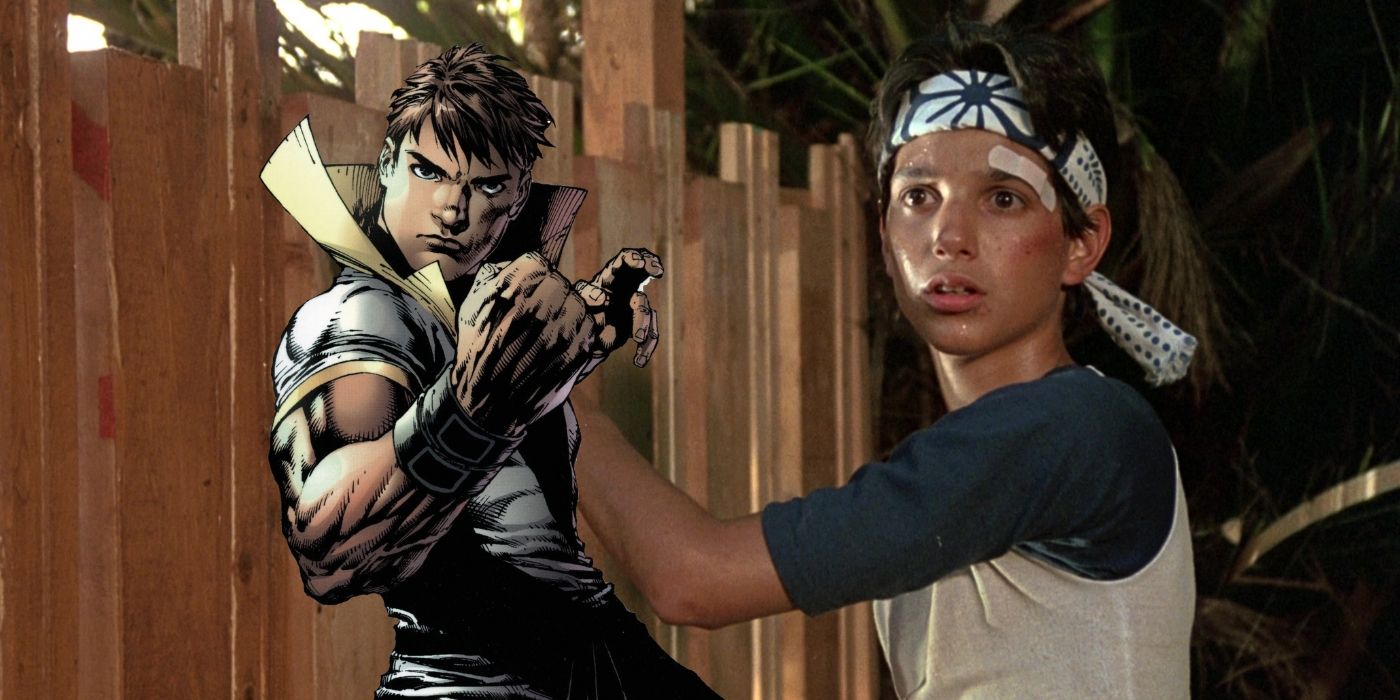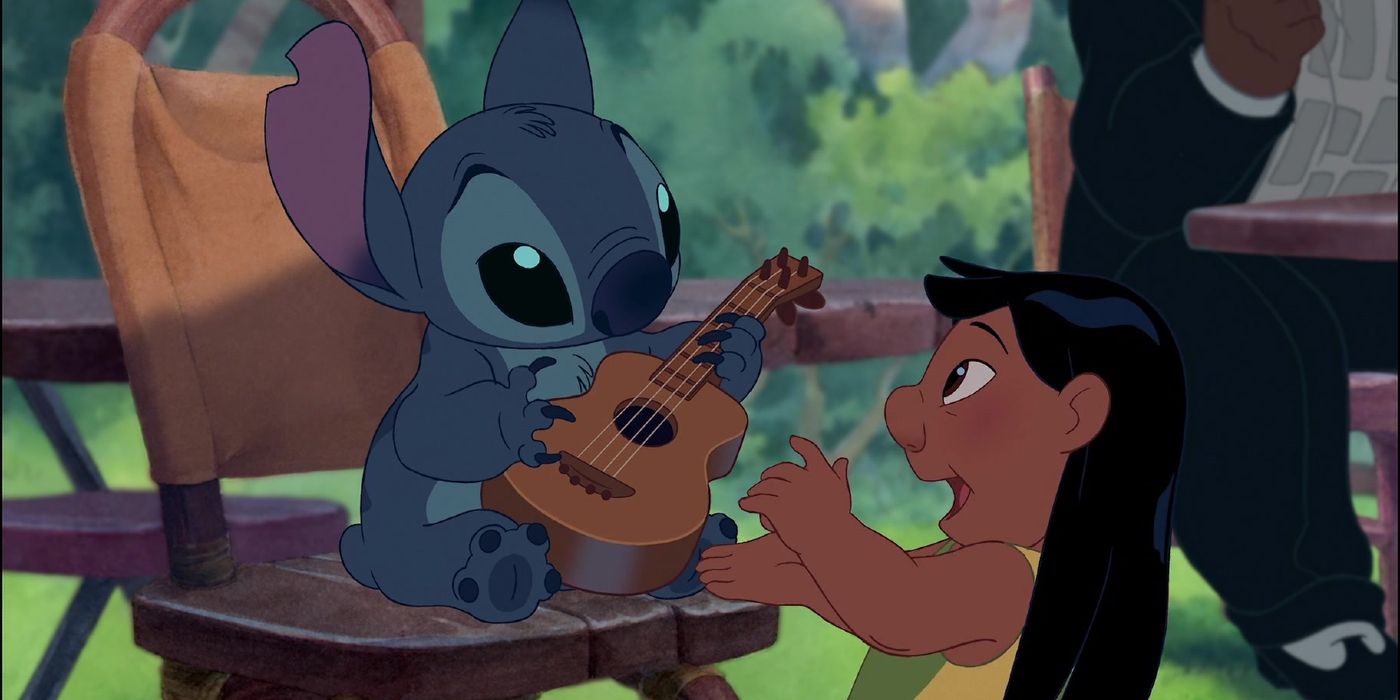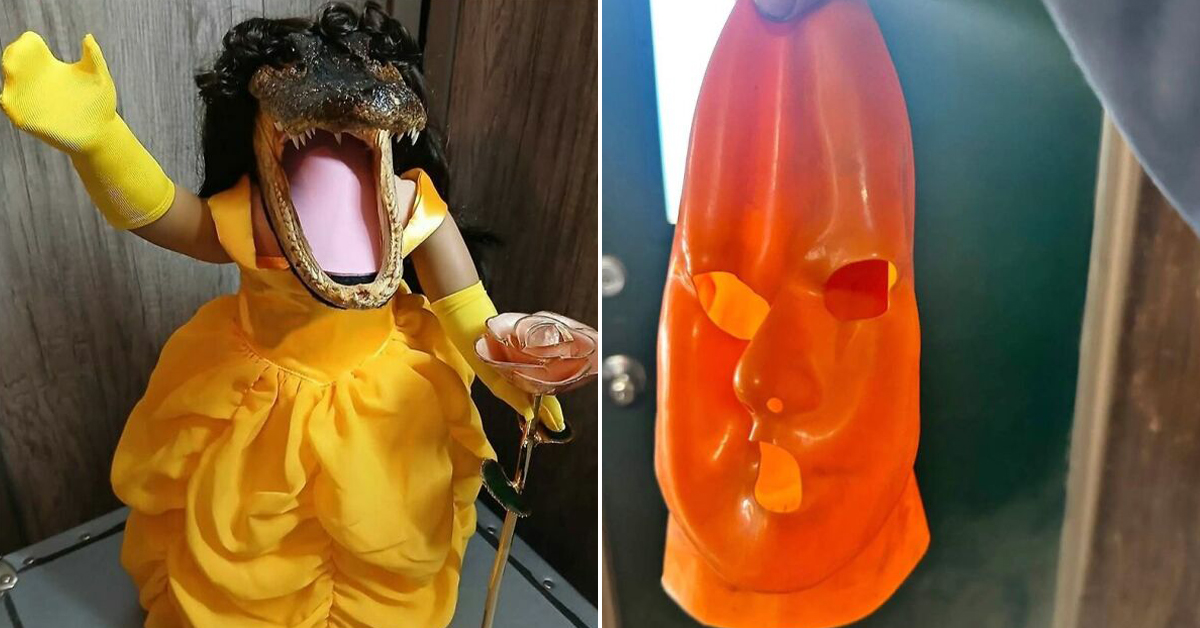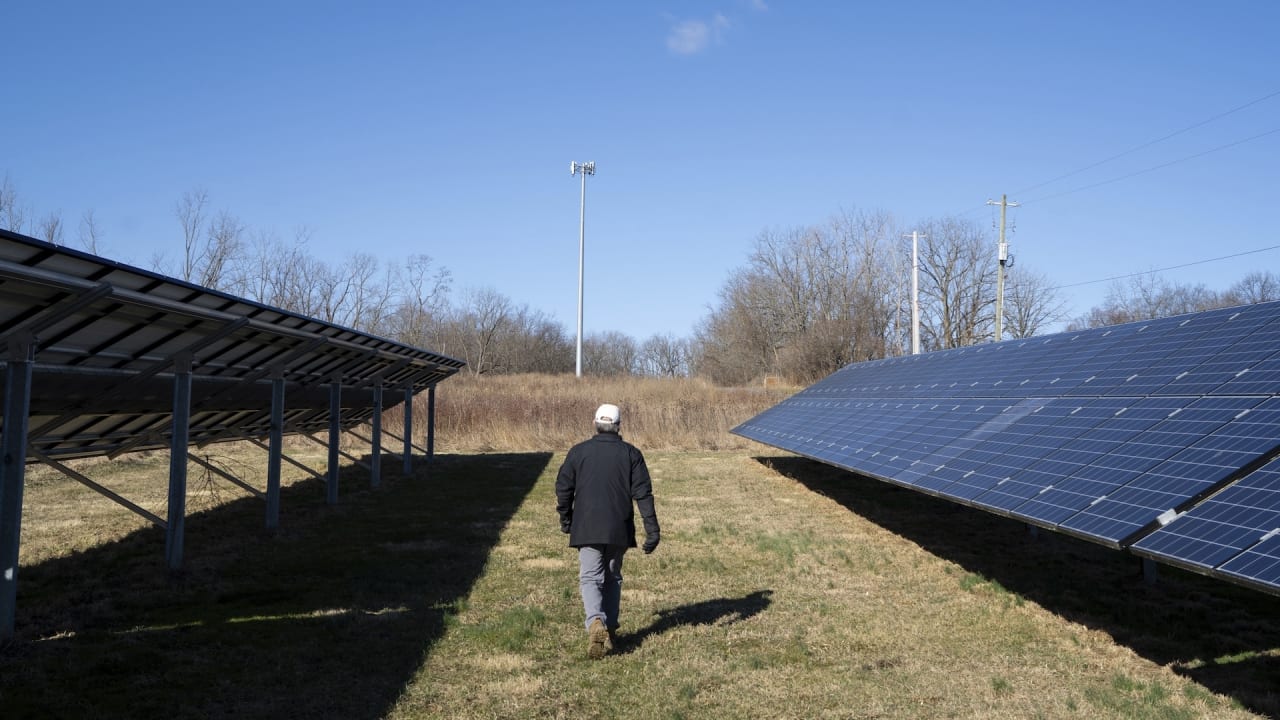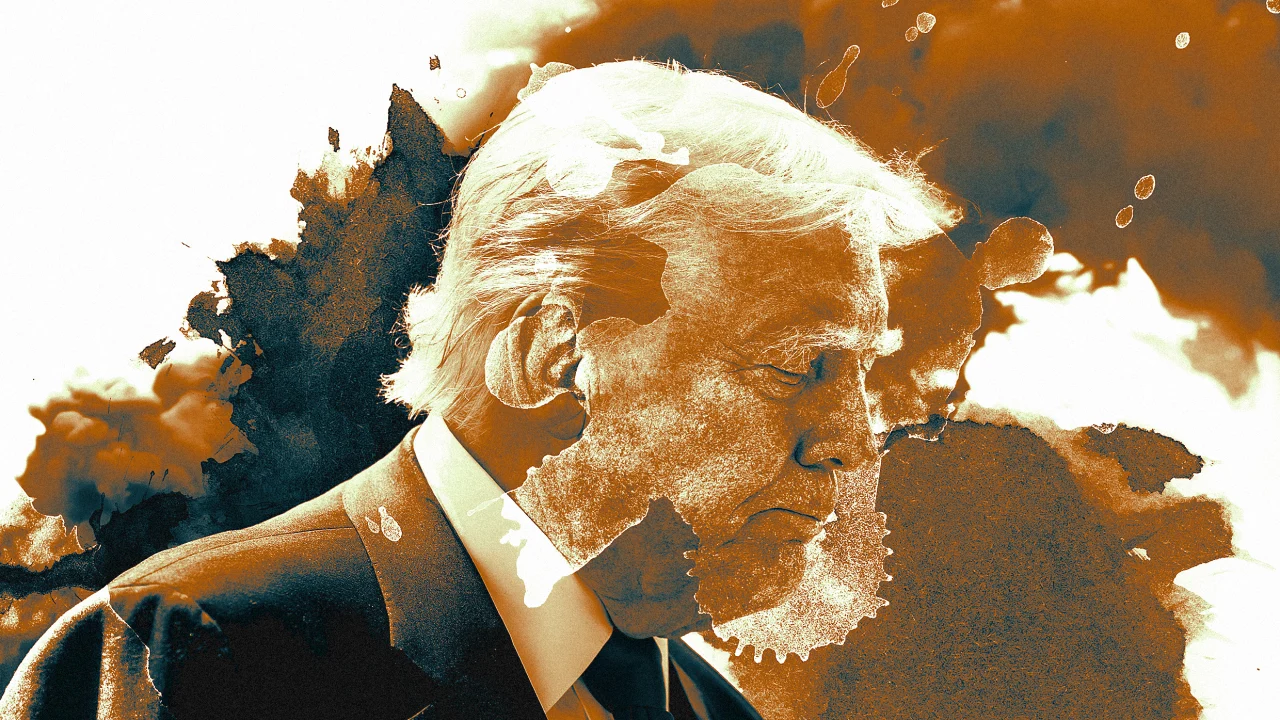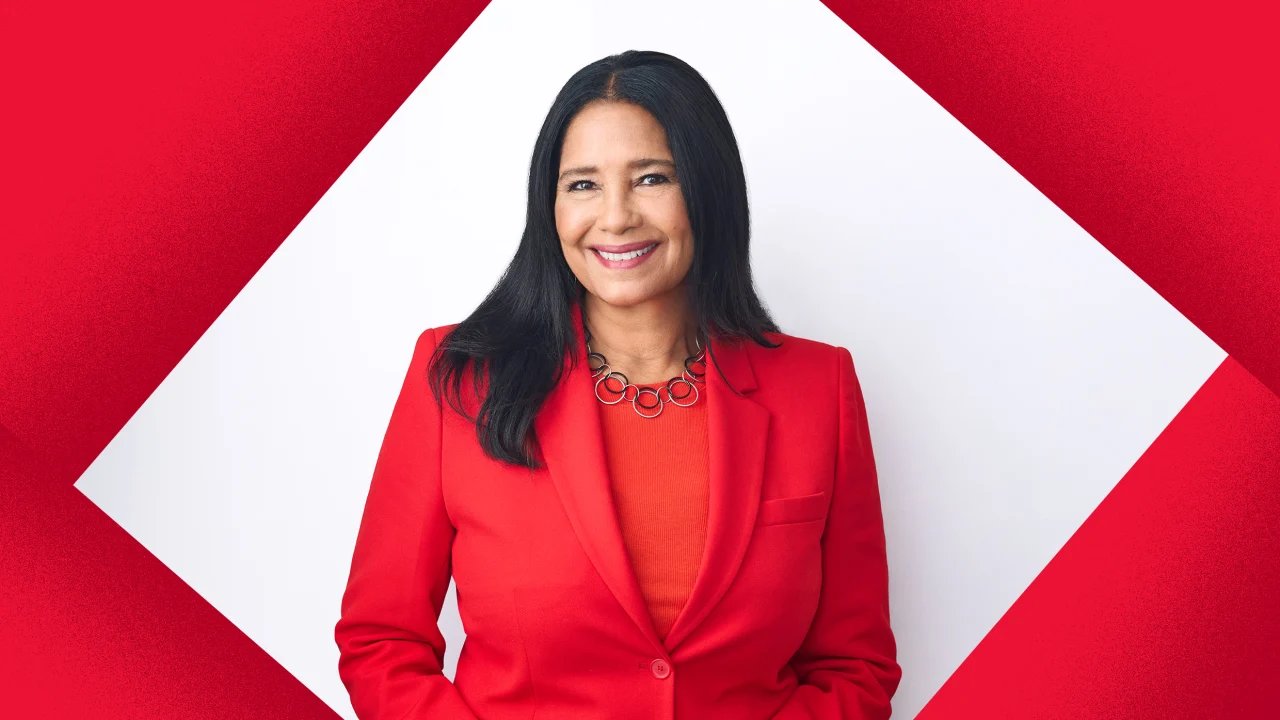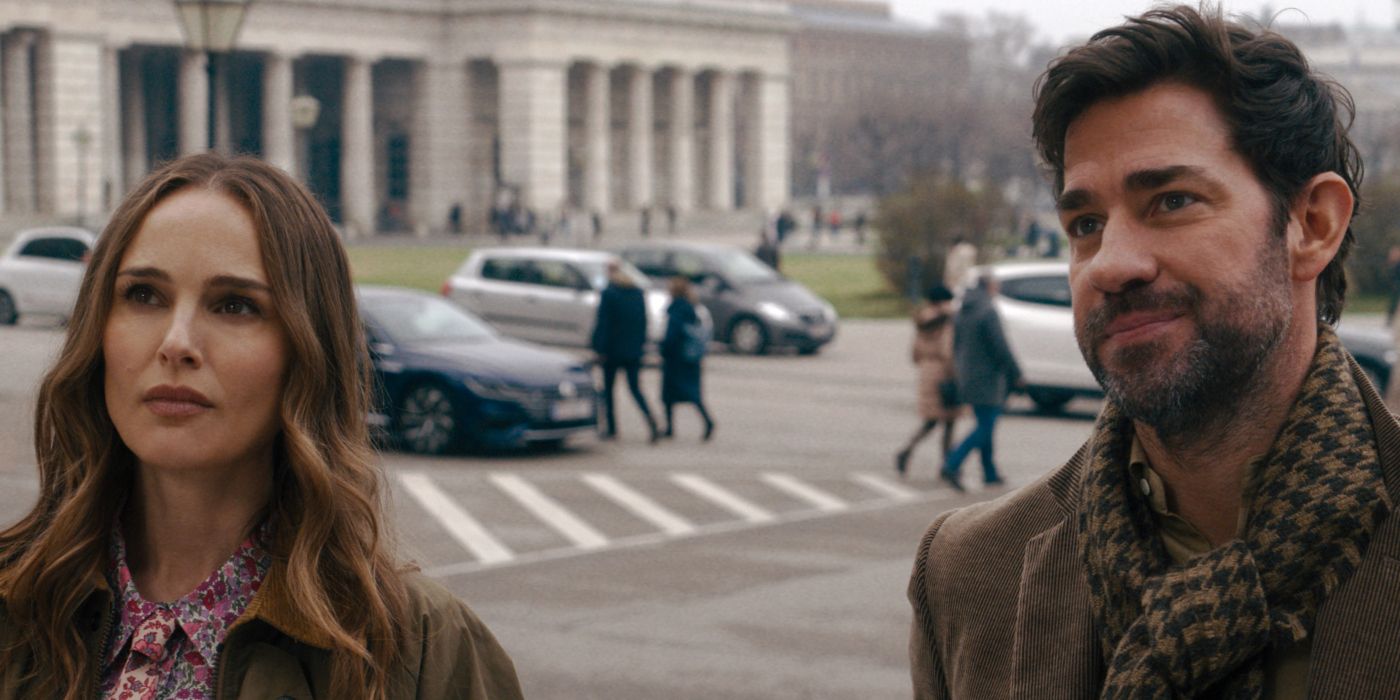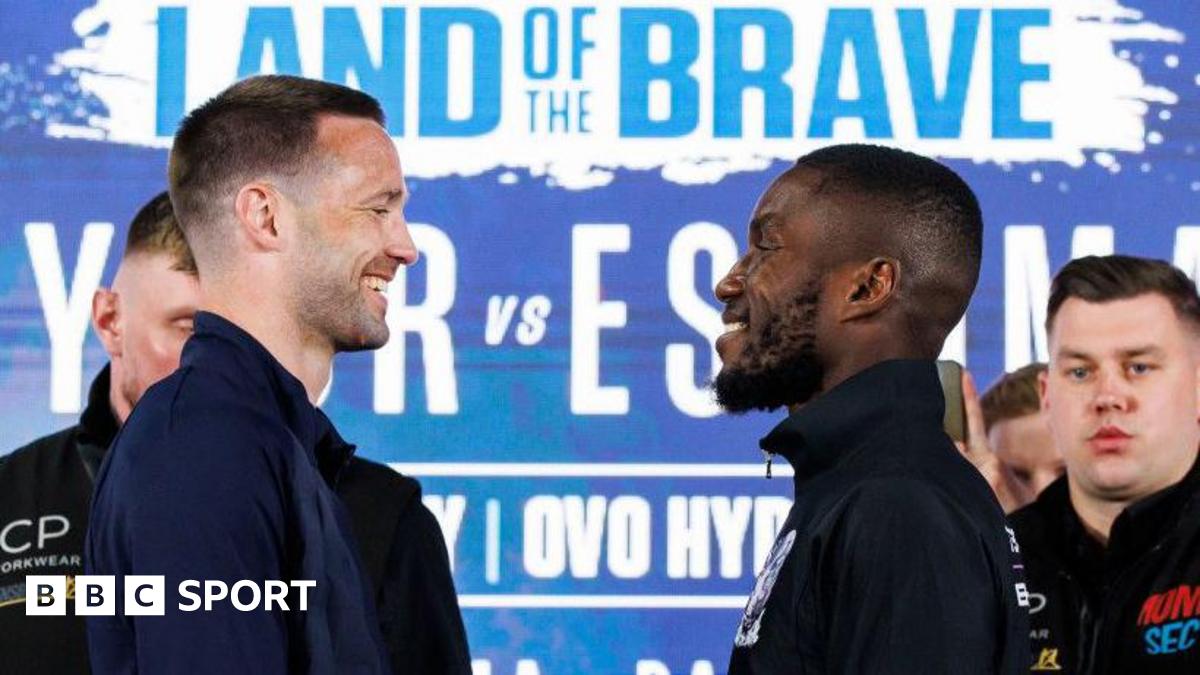David Hogg knows the DNC might oust him. Here’s why he’s cool with that
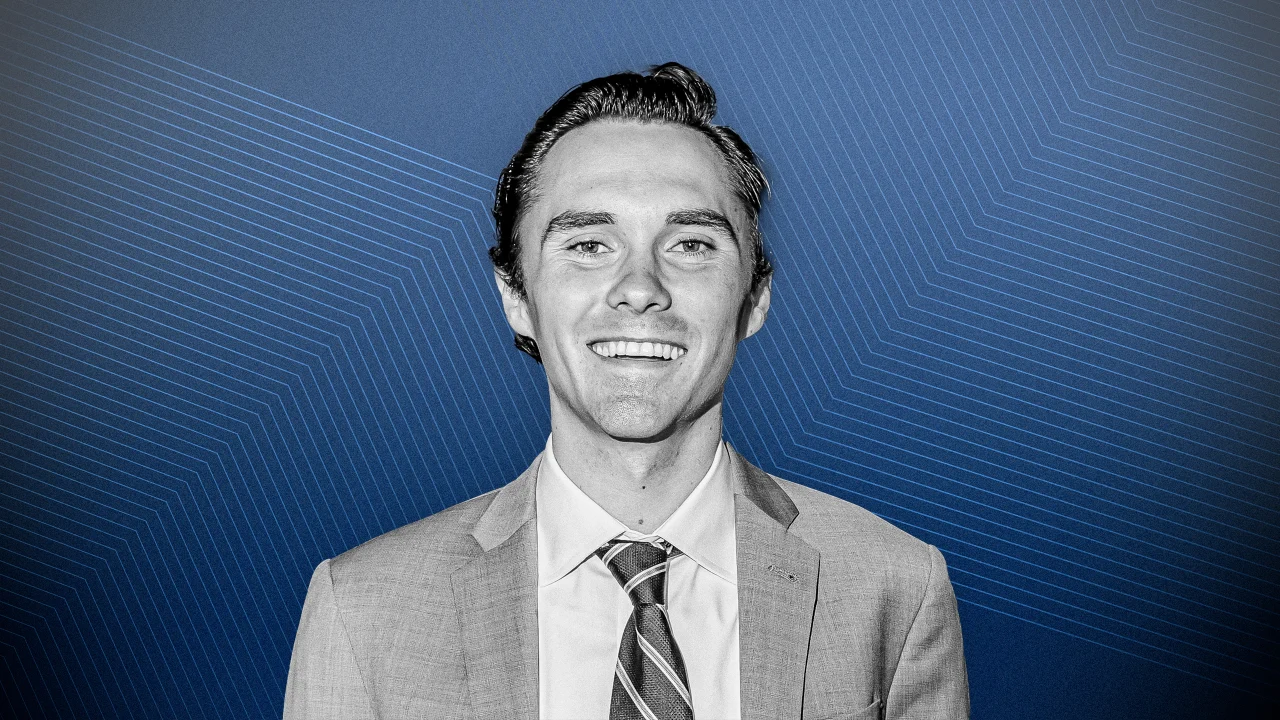
David Hogg, the Parkland school shooting survivor turned Democratic activist and rainmaker, likes to say that “the only good politician is a scared politician.”
His day job at Leaders We Deserve, the political action committee he cofounded straight out of Harvard in 2023 with veteran campaign manager Kevin Lata, is helping recruit and elect into office the next generation of young Democrats. But he spends just as much time antagonizing his party’s leadership and hectoring them about doing some post-election soul-searching.
Shortly after his successful run in February for one of five vice chair positions with the Democratic National Committee, Hogg announced that Leaders We Deserve would spend $20 million backing midterm primary challengers in safe Democratic districts represented by aging incumbents who, in his estimation, haven’t fought back hard enough against Donald Trump.
He expected a backlash, and he got it. DNC chair Ken Martin demanded that he sign a neutrality pledge or step aside, but Hogg declined to do either. Meanwhile, one of the defeated candidates in the vice chair election filed a protest of the outcome, arguing that the results violated DNC rules regarding gender representation. Hogg believes that party leaders have seized on this procedural issue as a means of ousting him from his position, as punishment for his primary plans.
It might work, too—the complaint remains under review, and a vote about whether to redo the vice chair election is scheduled for between June 9 and June 11. But even if they boot Hogg from the DNC, he says, he’ll just focus on his day job booting feckless incumbents from Congress. Hogg, who appeared on Fast Company’s July 2024 cover for a story about his and Lata’s work getting Generation Z into politics, checked back in with us about the tempest he’s triggered, and where Democrats should go from here.
Fast Company: Given all that’s transpired between you and the DNC’s leadership, do you think you’ll be reelected if it comes to it?
Honestly, it’s anybody’s guess at this point. There’s people who don’t agree with what I’m doing with the primaries, but they also don’t think that we should have another election. And there’s people who think we should have another election, but agree with what I’m doing. There’s so many different camps here.
But just so I understand, is it your view that this complaint was mounted specifically to get rid of you? Or is the DNC leadership just latching onto this because it provides an opportunity to accelerate something they already wanted to do?
It’s certainly provided an opportunity. In order to remove me as an officer, one, I would need to be breaking a rule, and two, it would go through a committee and then it would require a two-thirds vote of the DNC membership. This gives them the opportunity to remove me with only a simple majority.
I ask because the other DNC vice chair elected along with you, Malcolm Kenyatta, a state senator from Pennsylvania, who would ordinarily be a natural ally of yours, has criticized your response to this complaint and accused you of making it all about yourself. Have you spoken to him?
Yes, we’ve discussed it a bit, and I’m not going to talk publicly about those conversations, but what I will say is that there’s disagreements that we have, obviously, but ultimately, I still maintain a high level of respect for Malcolm. I don’t take it personally. I see this as a strategic disagreement.
What were your goals were in joining the DNC in the first place? And given what’s transpired, do you still think you can achieve them?
Oh, we’re still going to achieve them no matter what happens. The reason I ran for the DNC was that I think we need to build a culture in our party of telling people what they need to hear—for example, telling a former president that he should not run again. And if I do get removed, I think it only proves my point. I ran to play a role in making our party stronger. We can’t protect the status quo of a 26% approval rating. We’re losing voting share with nearly every single demographic, and it’s not a matter of our message. It’s our messengers.
But why the DNC specifically? Why this vice chair position?
Because I believe in the party that we could be. And I didn’t want to continue being in a position where, for example, even after I’d raised nearly $1 million for Vice President Harris when I was on her National Finance Committee, I’d ask a question about what are we doing about young men and they’d say it was a ridiculous question. Like, why would we ever need to care about young men? This position forces people to listen to some of these real concerns.
It was ridiculous because they thought Biden had young men sealed up? Or because young men don’t vote?
To be honest with you, Devin, it’s because for a long time there’s been a taboo in the party of talking about young men, because we think empathy is a zero-sum game, so it’s to the detriment of young women. We’ve got to get out of that binary thinking. Caring about one doesn’t mean we inherently don’t care about the other.
What should that message be? I’m not saying crank out a slogan on the spot, but how should Democrats be appealing to young men?
I’ll tell you what the message is not—it’s not paying $20 million to figure out how to talk to young men. The message isn’t saying: “Here is our plan for men.” If we have a good plan for men, we don’t need to say out loud that it’s for men.
For the past five months we keep hearing that elected Democrats are not fighting back hard enough. And while that may be true, it reminds me of what you were saying—it’s easy to sit on the sidelines and say what’s wrong. So what should Democrats be doing?
I’m not going to sit here and act like any single person, including myself, knows the full plan of how we fix this because, frankly, this is bigger than just the U.S. Every single developed country around the world has gender polarization—where young men are becoming more conservative and young women are becoming more liberal. This is not just a U.S. problem. Part of the answer is showing how we are rejuvenating ourselves and getting people elected to positions of leadership in Congress based off effectiveness and not this culture of seniority politics.
One reason for some of the anxiety among Democrats could be that your criteria for challenging an incumbent feels a bit subjective. When you talk about people fighting back effectively against Trump, what does that look like right now?
Part of our strategy here is to not have a specific set of criteria, like, “These are the three things that you need to do to be considered effective.” Because the reality is nobody is meeting this moment as effectively as we need to. Certainly, some members are fighting back harder than others. There are members who are literally going to El Salvador, not just sitting on their hands and saying, “We can’t do anything in the minority.” We can’t just hope that Donald Trump screws everything up so much that voters come begging back to us for any alternative. We don’t want people to feel like they’re just voting for the less bad of two options. What we’re trying to do is light a fire under everybody’s ass in our party. And frankly, if that makes you uncomfortable, maybe you should question whether or not you should run.
This reminds me of that op-ed James Carville wrote in The New York Times a couple months ago—that Democrats should “roll over and play dead” and just let Trump screw everything up. About six weeks later, you were quoted in the Times saying “more than anything it is, do you want to roll over and die or do you want to fight?” I wondered if you were referring specifically to what Carville said?
Yes, I was, but I think it goes beyond him, because that notion doesn’t just come out of nowhere. I think it comes out of the exhaustion that a lot of our leaders are feeling. And look, if you’re exhausted, that’s fine. Just don’t be in politics, because this is not a time for people to be exhausted.
Another veteran Democrat, Philippe Reines, a longtime aide to Hillary Clinton, recently told New York Magazine that “we can’t be the party of pronouns and land acknowledgements.”
Look, I think it’s important that we maintain our values as a party and we not abandon any group for some perceived gain or political expediency. That’s not what Democrats do. I think we need to focus on the fact that in this election voters told us two things. They said the president is too old. And we said, “No, he’s not.” And they said prices are too high. And we said, “No, they aren’t—look at these graphs.” The broader issue we have is that people feel unheard by us, and they feel like we are not addressing a lot of the real issues that they’re facing on a day-to-day basis.
You told the Times that “Democrats continue to treat politics like a debate club and Republicans treat it like WrestleMania.” Are you endorsing the WrestleMania approach or implying we need a third way?
What I was actually getting at, more than anything, is: let’s say you ask voters, if Democrats are an animal, what animal would they be? The most common answer is a turtle or a slug or something like that. Some kind of weak, vulnerable animal. Whereas for Republicans, it’s like a shark or a lion. People like to see a fight. And for us, we’re like, “Oh, we can’t raise the minimum wage because the parliamentarian in Congress says that we can’t.” That’s the type of shit that kills me.
So you want Democrats to get in the ring a little bit more?
I want us to get in the ring more. After Parkland, all these Democratic consultants came around and said, “You can’t talk about banning the AR=-15. You can’t talk about taking on the NRA. It’s too unpopular, it’s too red of a state,” all this stuff. If we listened to them, we wouldn’t have changed shit. Right now we have a real problem with cowardice in our party. That’s the resource we lack. It’s not cash, it’s courage.
What's Your Reaction?
 Like
0
Like
0
 Dislike
0
Dislike
0
 Love
0
Love
0
 Funny
0
Funny
0
 Angry
0
Angry
0
 Sad
0
Sad
0
 Wow
0
Wow
0


.png?width=1200&auto=webp&trim=0,100,0,100#)

